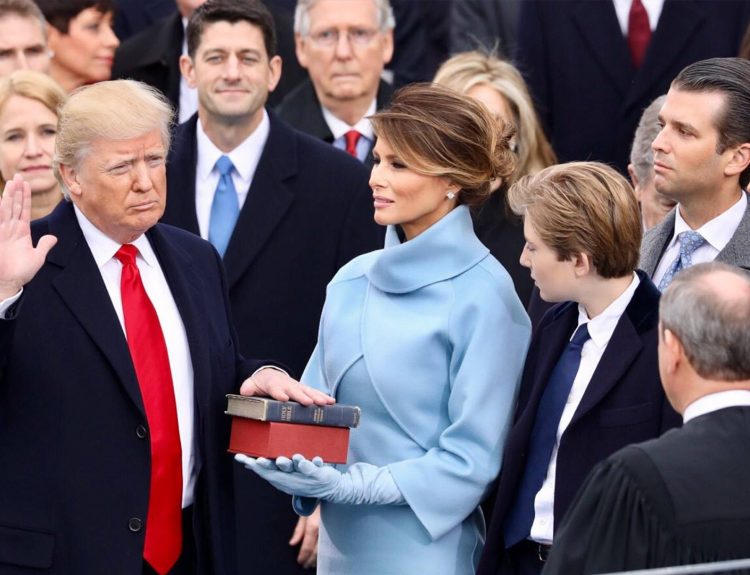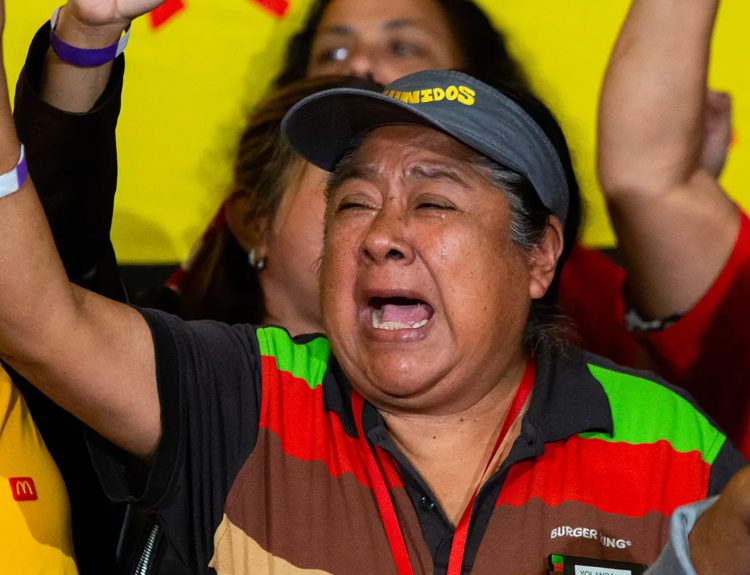A weird and rarely applicable state law in Indiana has thrown a monkey wrench into the race for the U.S. Senate race. The Senate is controlled by Democrats, so the winner of the race may impact the balance of power. But a strange legality may keep one candidate off the ballot.
Which Race Is In Question?
The race in question is an open United States Senate seat to represent the state of Indiana. The seat is open because Mike Braun, who currently holds the seat, has decided not to run for reelection in 2025, turning the race into a toss-up.
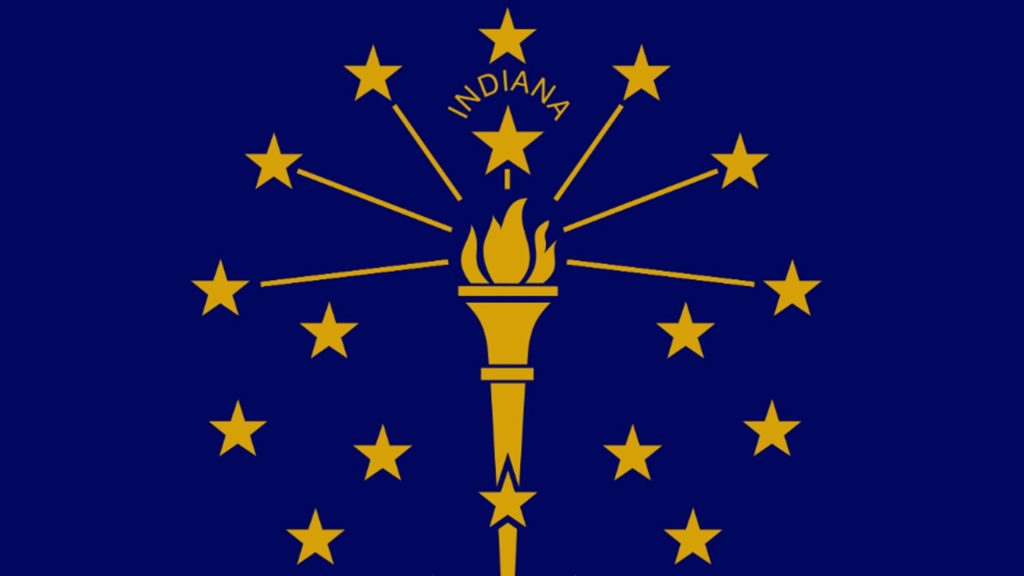
Every Senate race in 2024 is important. The Senate is closely divided and there are several races that could tip the balance one way or the other. Republicans certainly want to hold on to the Indiana seat come election day.
Why Is Mike Braun Retiring?
Mike Braun has served only one term as a U.S. Senator. He’s not stepping down to spend more time with his family or due to a scandal. He’s got his eyes on a different prize that would allow him to do more in his home state of Indiana.

It turns out that Mike Braun is stepping down because he wants to run for Governor of Indiana. The current Governor is Republican Eric Holcomb, who has served two consecutive terms. Holcomb can’t run for reelection because Indiana says no person can hold the seat for more than 8 years in any 12 year period.
Which Candidates Are Running For The Republican Nomination?
The race in Indiana started with four Republican candidates vying to represent their party on the statewide ballot in November. Two of those candidates have already dropped out. That leaves two remaining: US Representative Jim Banks, and businessman John Rust.

Banks is the US Representative for Indiana’s 3rd Congressional District. He’s held that seat since 2017. He’s been a favorite in the race and ended 2023 with more than $3 million in his campaign war chest. John Rust has no political experience and has funded his own campaign.
Who’s Running For The Democratic Nomination?
As you might expect, there are multiple candidates running for the Democratic nomination for the Senate seat. According to state records, there are two contenders: Marc Carmichael and Valerie McCray. Indiana tends to be more red than blue, but it voted for Barack Obama in 2008.

Marc Carmichael served as a state representative in Indiana from 1986 to 1991. He was a nominee for Indiana’s 2nd Congressional district in 1996. Valerie McRay is a psychologist by profession. She ran for the U.S. Senate in 2022 and lost.
What Law Is Affecting The Candidates?
Here’s where the weird stuff kicks in. There’s a law on Indiana’s books that requires party loyalty for candidates to appear on the state ballot. Specifically, it says that any candidate must have voted in the past two primaries for their party.
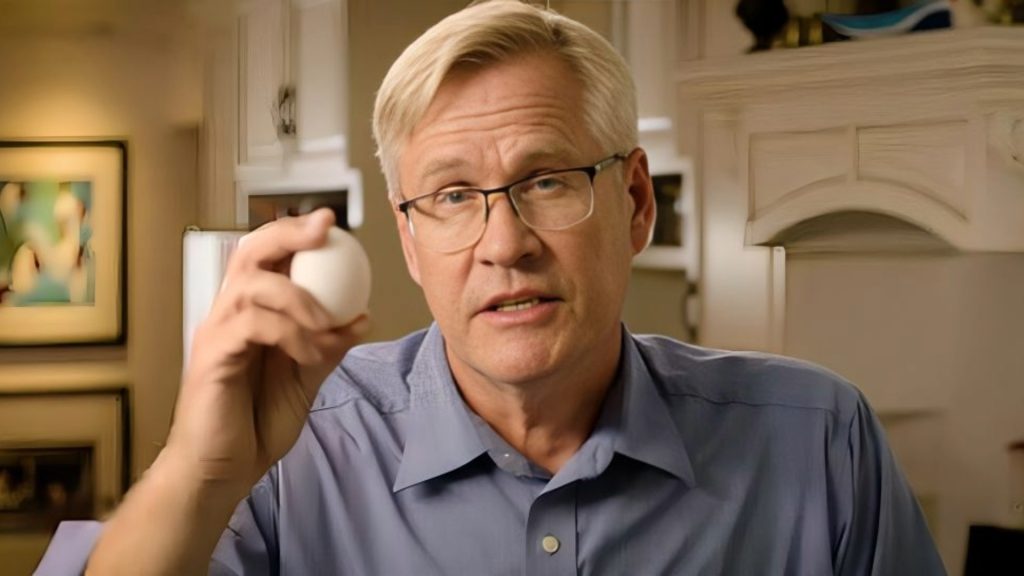
The alternative is for the candidate to get the approval of a county party chair to appear on the primary ballot. John Rust’s voting record has led to him being removed from the ballot. He has already appealed the decision.
What Is John Rust’s Voting Record?
Given how divided the two main parties are, it’s surprising to learn that any Republican candidate for a US Senate seat might have voted in a Democratic primary. But that’s exactly what happened with John Rust-and that’s not his only issue.
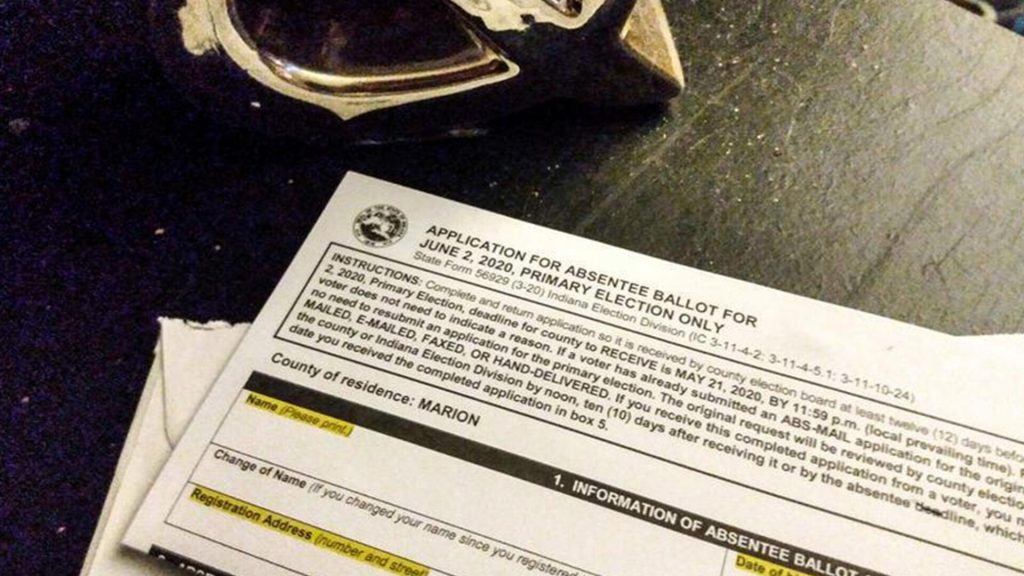
It turns out that John Rust voted in the Republican Party’s primary in 2016. He didn’t vote at all in the 2020 Republican primary in Indiana. In 2012, he voted in the Democratic party’s primary. His voting record was brought to the attention of the election commission.
How Did Rust Explain His Record?
Rust was understandably upset when he heard he had been removed from the ballot. He had an explanation for his absence in 2020. He told the commission that he didn’t vote due to the COVID-19 pandemic and the lack of competitive GOP races in his home county.

Rust’s participation in the Democratic primary in 2012 also had an explanation. Rust said that he chose to vote in the Democratic primary because he wanted to vote for candidates that he knew personally. It’s an explanation that carried no weight with the commission.
Who’s On The Election Commission?
After Rust’s appearance on the ballot was challenged, the arguments for his removal were presented to the Election Commission. It’s a bipartisan commission of four people, two Republicans and two Democrats.
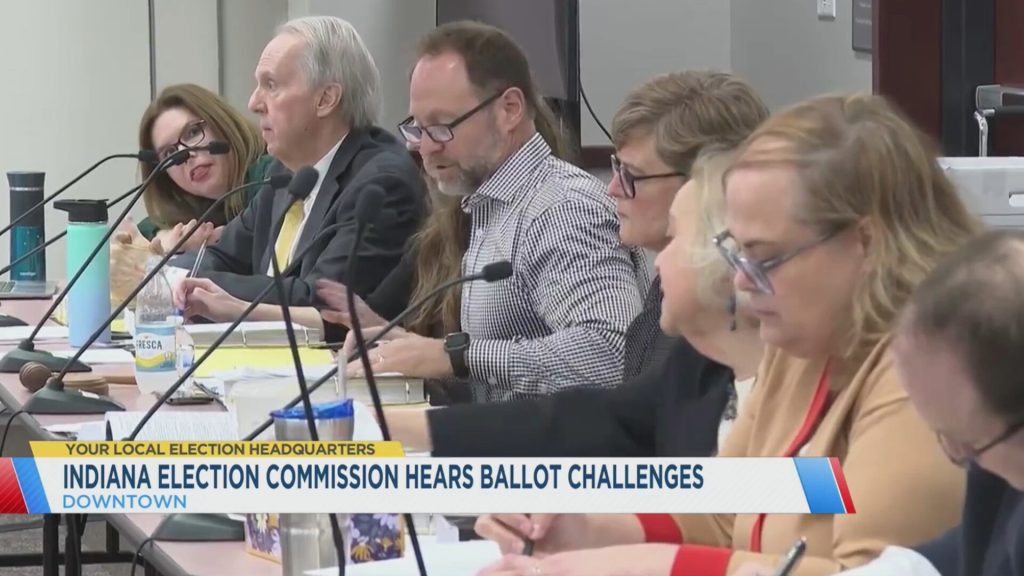
The commission voted unanimously to remove Rust from the ballot. There were six candidates who challenged Rust. Their attorney Ryan Shouse said, “The affiliation statute applies to Mr. Rust just like it applies to all other candidates in the state.”
Will Rust Appeal The Decision?
Rust has already appealed the decision to the Indiana Supreme Court. The justices unanimously rejected Rust’s appeal of the law. It was always going to be a long shot, since the law has been on the books for a while and Rust should have been aware of it.
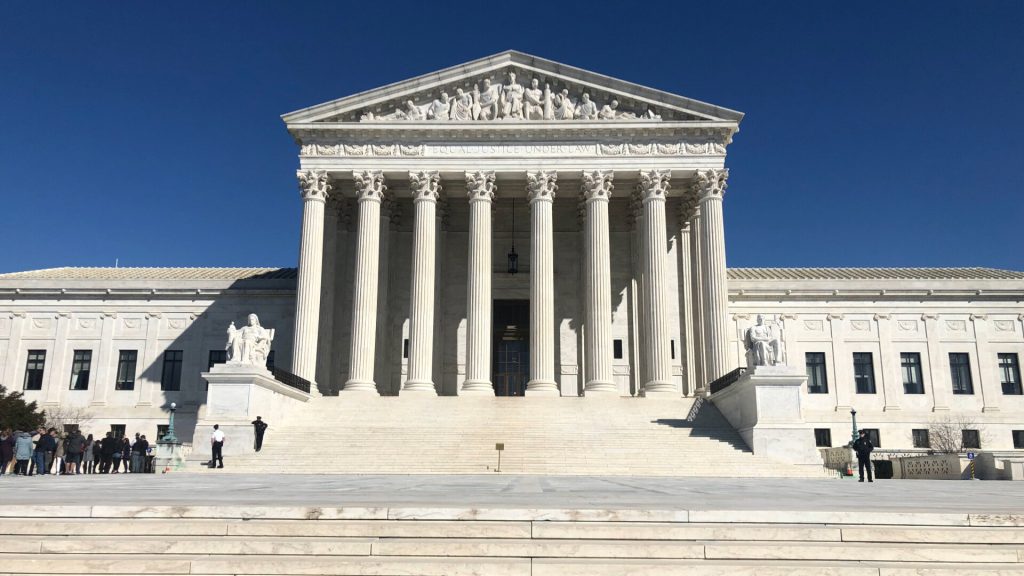
Rust has commented that he believes that the Indiana Republican Party wants to keep him off the ballot. He mentioned his status as a businessman and said, “I’m not under their control. He intends to appeal the decision all the way up to the Supreme Court.
How Has Rust Financed His Campaign?
One factor that may influence Rust’s determination to continue his quest for the Senate is money. According to Indiana state campaign finance records, Rust has chosen to finance his own campaign. That means he’s out of pocket and may not be happy about it.

According to records, Rust put $2.5 million of his own money into his Senatorial campaign in 2023. There won’t be any way to pay himself back or continue to raise money if he can’t stay on the ballot, so it makes sense that he’d want to appeal.
Has Donald Trump Endorsed Either Candidate?
Another looming question is whether Rust has received any major endorsements that might improve his chances in the election. The answer is that he hasn’t. The Indiana State Republican Party has endorsed Representative Jim Banks-5and they’re not the only ones.
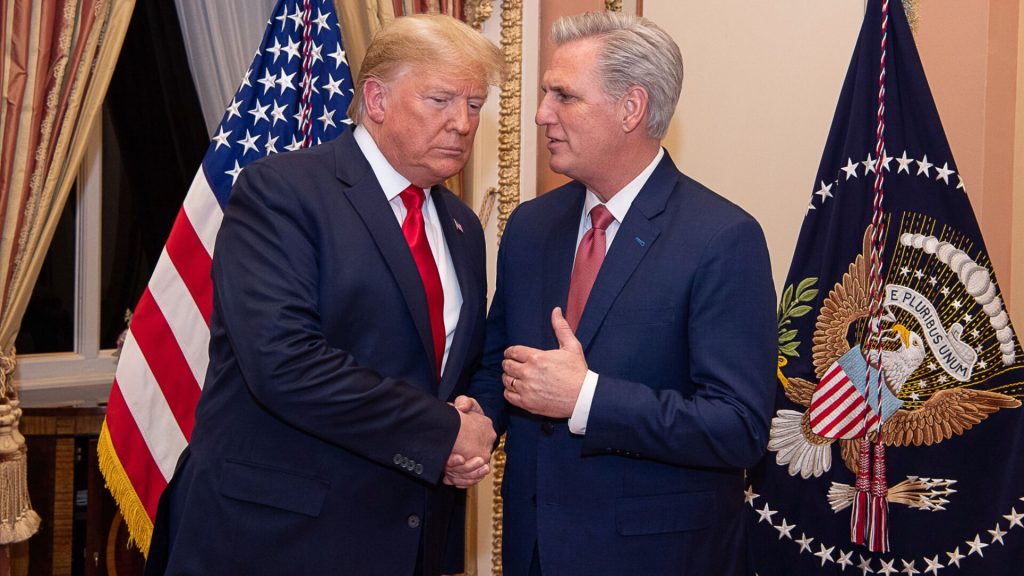
Banks has also received a highly coveted endorsement from former President Donald Trump. Trump won the state of Indiana in both 2016 and 2020. His endorsement is likely to be extremely helpful to Banks when election day rolls around.
Is There Anything Else Rust Can Do?
John Rust’s removal from the primary ballot in Indiana means that Jim Banks is running unopposed for the Republican nomination. That may not be a good thing for democracy, but it’s certainly a good thing for Banks and the state GOP party.

Rust’s appeal will move forward but most experts think it’s unlikely that he’ll prevail. There’s a lot of leeway for political parties to make their own rules about who can run under the party’s banner. The US Supreme Court may not even hear the case.
How Will The Indiana Senate Race Play Out?
The final question, then, is how the Indiana Senate race will play out. The state skews Republican, which means that Jim Banks may be the most likely victor on the first Tuesday in November, when voters go to the polls.

We’ll have to wait to see what happens with Rust’s appeal and who wins the Democratic primary. Whatever the results, we’re sure that the Indiana Senate race will be one to watch on November 5th when Indiana voters head to the polls.




